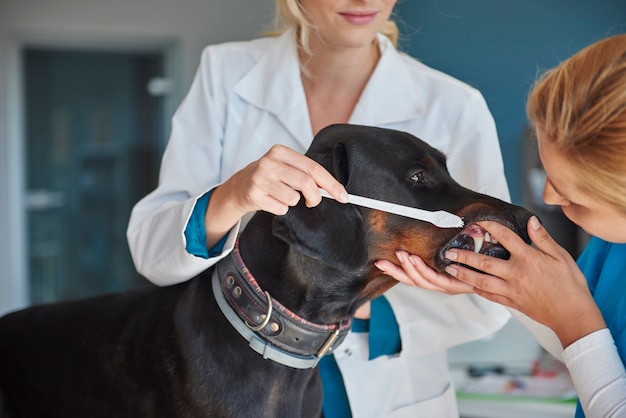July Behavior Spotlight: How South Park Animal Hospital Helps Pets Overcome Anxiety and Fear


Behavioral challenges—such as fear, separation anxiety, reactivity, and resource guarding—affect many pets and their families. These issues often escalate over time, leading to stress for both pets and owners. At South Park Animal Hospital, Dr. Pal and her team offer behavioral counseling services designed to help your cat or dog learn coping skills, build confidence, and strengthen their bond with you.
Why July Is a Key Month to Start Behavioral Training
Summer brings changes in daily routines: vacations, caregiving shifts, more time away from home, and increased social gatherings. These transitions can trigger or intensify behavioral issues—like a dog becoming more anxious when left alone or a cat reacting negatively to visitors. Beginning counseling in July allows ample time to address and manage these changes before fall routines resume.
What Behavioral Counseling Looks Like at South Park
Here’s how our approach supports lasting positive change:
1. Thorough Behavior Assessment
We begin with a compassionate, in-depth consultation to understand what your pet is experiencing: timing, triggers, intensity, and frequency. We consider medical history to rule out pain or illness that may underlie behavioral issues.
2. Personalized Behavior Plan
Based on the assessment, we craft a step-by-step plan that may include:
- Desensitization and counter-conditioning exercises
- Reward-based training for positive associations
- Environmental modifications to reduce stressors
- Structured enrichment routines to engage your pet mentally and physically
These plans are shaped around your lifestyle and goals, whether it's reducing separation anxiety or addressing fear of visitors.
3. Follow-Up and Ongoing Support
Behavioral success requires consistent reinforcement. We schedule follow-up sessions—via telemedicine or in-clinic—to track progress, adjust strategies, and guide owners through challenging phases.
4. Medication When Needed
For pets with severe anxiety, we may recommend a short course of anti-anxiety medication or supplements to help them engage effectively in behavior exercises. Our diagnostic tools and personalized dosing aim for safety and effectiveness.
Why Professional Support Works
Many behavior issues stem from complex emotional or environmental triggers. DIY fixes can backfire—reinforcing negative associations or delaying improvement. At South Park, behavior counseling couples veterinary insight with reward-based training, ensuring interventions are medically safe and psychologically sound.
A calming clinic environment combined with Dr. Pal’s gentle approach to counseling allows pets to learn without stress. As a result, training is more effective and easier on pet parents.
Success Story: Luna the Rescue
Luna, a 2-year-old rescue pup, arrived in spring exhibiting growling and reactivity near other dogs at the park. After a behavior consultation, Luna’s owner received a plan focused on distance training, engagement games, and coping with the clicker system. By July, Luna could walk calmly—even near other dogs—significantly easing stress for both her and her family.
What You Can Do Starting in July
- Observe your pet’s behavior: note changes like increased barking, pacing, hiding, or reactivity.
- Schedule a behavior consultation: start with a detailed evaluation and a plan crafted to your pet’s needs.
- Commit to consistent follow‑up: practice exercises daily in small, positive steps.
- Use telemedicine check‑ins to troubleshoot before small issues escalate.
Addressing behavior now will help your pet navigate summer transitions calmly and build lasting confidence.
South Park Animal Hospital stands out not only for its clinical expertise—but also for its compassionate, relationship-centric approach. Behavioral counseling reflects Dr. Pal’s dedication to treating pets as family and supporting pet owners through challenging stages of pet life.
This July, let’s work together to help your pet feel safe, confident, and balanced at home, in public, and throughout the seasons.
To learn more or book a consultation, call (415) 523-4404 or visit us at 598 2nd Street, San Francisco, CA 94107. Behavioral change is possible—and it starts this summer.




















